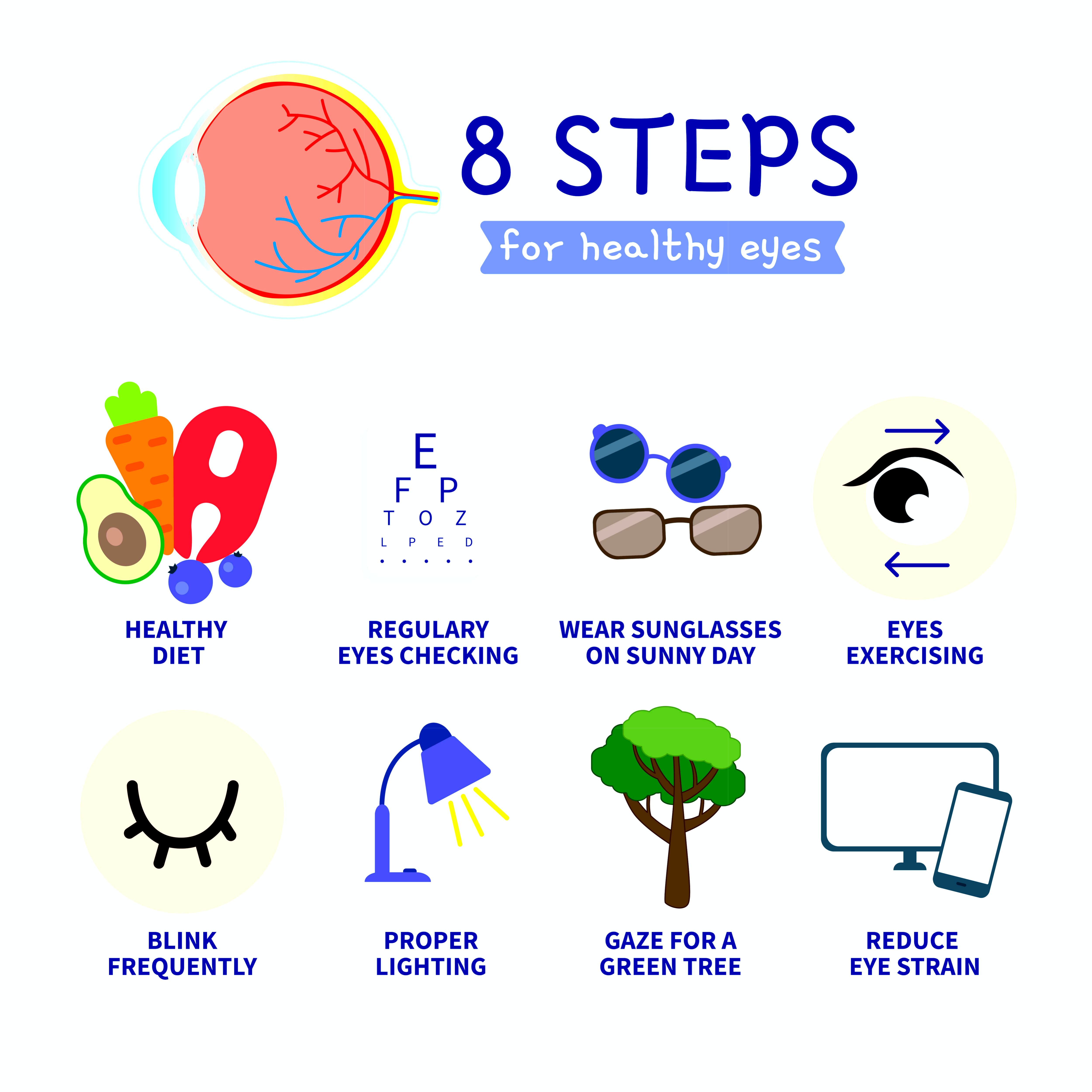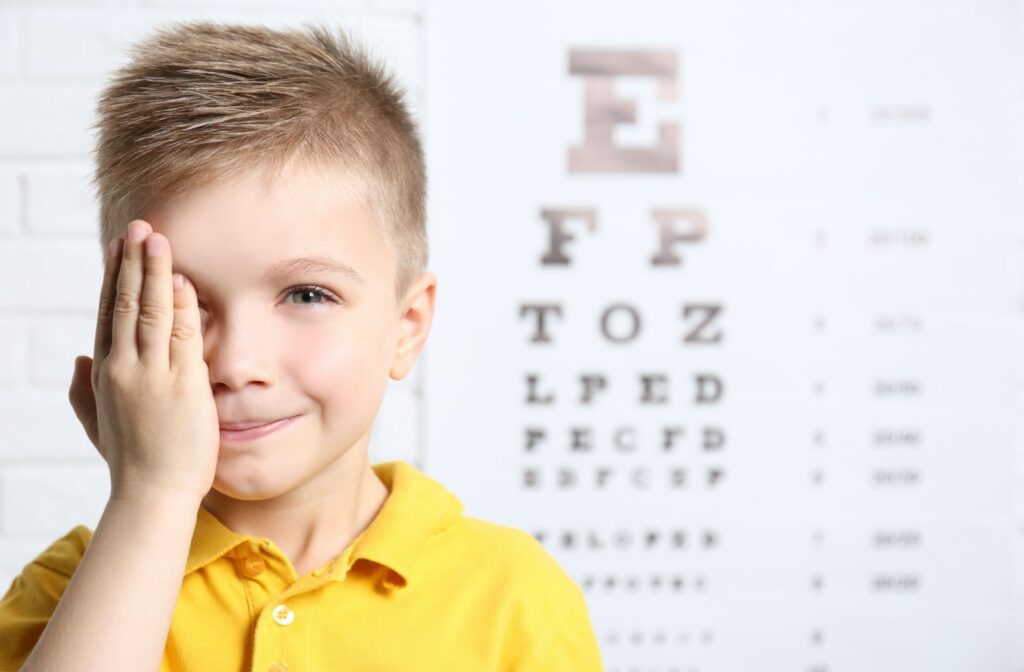All Categories
Featured
Unlocking Opportunities: Comprehensive Low Vision Rehabilitation Alternatives.
Dealing with reduced vision can present unique obstacles, but contemporary recovery approaches empower individuals to thrive and adapt. From advanced technology to hands-on training, there are numerous alternatives created to boost every day life and foster self-reliance. Below's a thorough consider the diverse rehab remedies offered for those with low vision.
The Function of Reduced Vision Recovery
Low vision recovery concentrates on helping people maximize their staying vision and create abilities to manage their environments. With a combination of devices, training, and personalized support, rehab programs improve functionality and increase self-confidence in navigating everyday tasks.
Trick Low Vision Rehabilitation Options
Customized Aesthetic Aids
High-Powered Magnifiers: These tools come in portable, wearable, or electronic styles, enabling individuals to check out, compose, or view objects up close.
Telescopic Glasses: Suitable for enhancing range vision, these glasses aid with activities such as watching tv or reading indications.
![]()
Filter Lenses: Tinted lenses lower glare, boost comparison, and provide UV defense, enhancing convenience and visibility.
Technical Technologies
Digital Magnifying Gadgets: Desktop computer and mobile devices use flexible zoom, enabling simpler access to printed products and electronic content.
![]()
Voice-Assisted Technology: Screen visitors, voice-enabled mobile phones, and AI-driven applications aid users browse the digital globe more efficiently.
Wearable Vision Aids: Smart glasses geared up with video cameras and acoustic feedback offer real-time aid with analysis, acknowledging items, and spatial alignment.
Specialist Training Programs
Orientation and Mobility Training: This program educates people exactly how to move confidently within their homes and neighborhoods, commonly integrating canes or guide dogs.
Daily Living Abilities: Specialized training gears up people with techniques to perform necessary jobs such as food preparation, dressing, and managing household chores.
Flexible Visual Methods: Specialists overview individuals on leveraging peripheral vision or scanning methods to make up for vision loss.
Ecological Modifications
![]()
Basic changes in your home or work can considerably boost ease of access:
Using contrasting colors for far better item distinction.
Adding task illumination to enhance visibility.
Noting home appliances with responsive indications for much easier operation.
Emotional and Social Assistance
Coping with vision loss often entails psychological adjustments. Support system and counseling services use a risk-free area to share experiences and develop durability.
Peer mentoring programs connect people with comparable difficulties, cultivating camaraderie and shared remedies.
Accessing Rehab Providers
Reduced vision recovery services are widely readily available through:
Specialized Clinics: Optometrists and eye doctors trained in reduced vision care offer customized analyses and remedies.
Nonprofit Organizations: Groups like the American Foundation for the Blind and VisionAware provide resources, support, and references.
Area Centers: Regional solutions might provide complimentary or affordable training and access to assistive gadgets.
Final Ideas
By exploring the various rehabilitation options readily available, those with low vision can discover approaches that function best for their unique requirements and scenarios. If you or an enjoyed one encounters vision obstacles, do not think twice to reach out to a low vision professional to start the journey toward empowerment and adaptability.
Dealing with reduced vision can present unique obstacles, but contemporary recovery approaches empower individuals to thrive and adapt. From advanced technology to hands-on training, there are numerous alternatives created to boost every day life and foster self-reliance. Below's a thorough consider the diverse rehab remedies offered for those with low vision.
The Function of Reduced Vision Recovery
Low vision recovery concentrates on helping people maximize their staying vision and create abilities to manage their environments. With a combination of devices, training, and personalized support, rehab programs improve functionality and increase self-confidence in navigating everyday tasks.
Trick Low Vision Rehabilitation Options
Customized Aesthetic Aids
High-Powered Magnifiers: These tools come in portable, wearable, or electronic styles, enabling individuals to check out, compose, or view objects up close.
Telescopic Glasses: Suitable for enhancing range vision, these glasses aid with activities such as watching tv or reading indications.

Filter Lenses: Tinted lenses lower glare, boost comparison, and provide UV defense, enhancing convenience and visibility.
Technical Technologies
Digital Magnifying Gadgets: Desktop computer and mobile devices use flexible zoom, enabling simpler access to printed products and electronic content.

Voice-Assisted Technology: Screen visitors, voice-enabled mobile phones, and AI-driven applications aid users browse the digital globe more efficiently.
Wearable Vision Aids: Smart glasses geared up with video cameras and acoustic feedback offer real-time aid with analysis, acknowledging items, and spatial alignment.
Specialist Training Programs
Orientation and Mobility Training: This program educates people exactly how to move confidently within their homes and neighborhoods, commonly integrating canes or guide dogs.
Daily Living Abilities: Specialized training gears up people with techniques to perform necessary jobs such as food preparation, dressing, and managing household chores.
Flexible Visual Methods: Specialists overview individuals on leveraging peripheral vision or scanning methods to make up for vision loss.
Ecological Modifications

Basic changes in your home or work can considerably boost ease of access:
Using contrasting colors for far better item distinction.
Adding task illumination to enhance visibility.
Noting home appliances with responsive indications for much easier operation.
Emotional and Social Assistance
Coping with vision loss often entails psychological adjustments. Support system and counseling services use a risk-free area to share experiences and develop durability.
Peer mentoring programs connect people with comparable difficulties, cultivating camaraderie and shared remedies.
Accessing Rehab Providers
Reduced vision recovery services are widely readily available through:
Specialized Clinics: Optometrists and eye doctors trained in reduced vision care offer customized analyses and remedies.
Nonprofit Organizations: Groups like the American Foundation for the Blind and VisionAware provide resources, support, and references.
Area Centers: Regional solutions might provide complimentary or affordable training and access to assistive gadgets.
Final Ideas
By exploring the various rehabilitation options readily available, those with low vision can discover approaches that function best for their unique requirements and scenarios. If you or an enjoyed one encounters vision obstacles, do not think twice to reach out to a low vision professional to start the journey toward empowerment and adaptability.
Latest Posts
Reliable Auto Care for All Makes and Models: Your Complete Auto Solution in Montclare
Published Apr 21, 25
2 min read
About Us: Learn More More About Montclare Auto Repair ’s Expertise & Service
Published Apr 21, 25
2 min read
Checking Out Excellence with A-Abel Roof covering's Gallery
Published Apr 21, 25
1 min read
More
Latest Posts
Reliable Auto Care for All Makes and Models: Your Complete Auto Solution in Montclare
Published Apr 21, 25
2 min read
About Us: Learn More More About Montclare Auto Repair ’s Expertise & Service
Published Apr 21, 25
2 min read
Checking Out Excellence with A-Abel Roof covering's Gallery
Published Apr 21, 25
1 min read